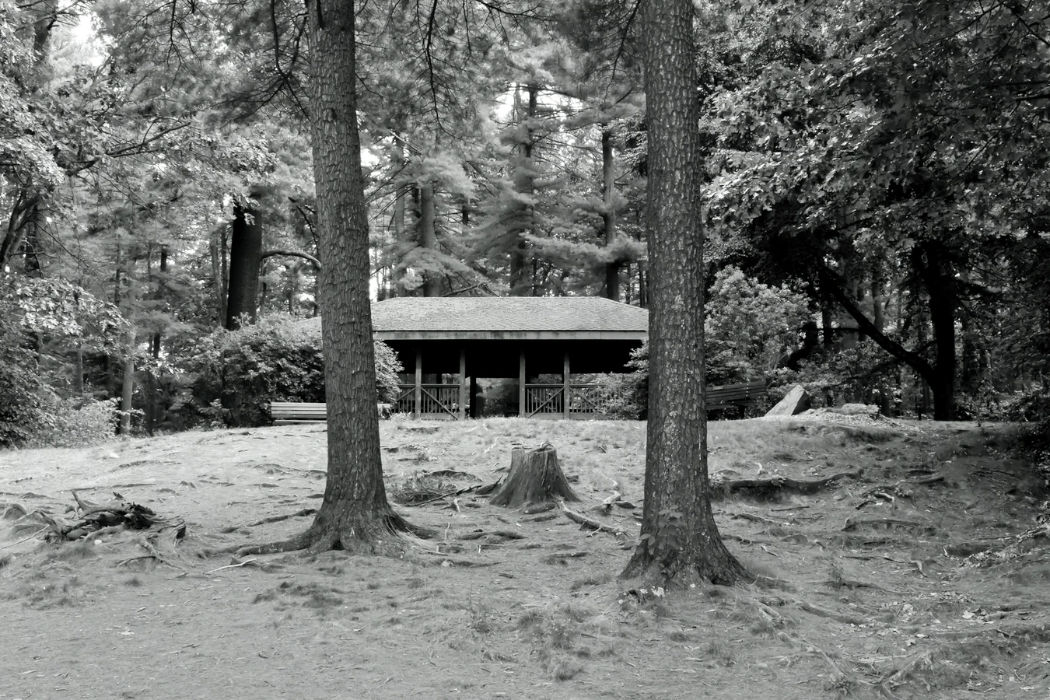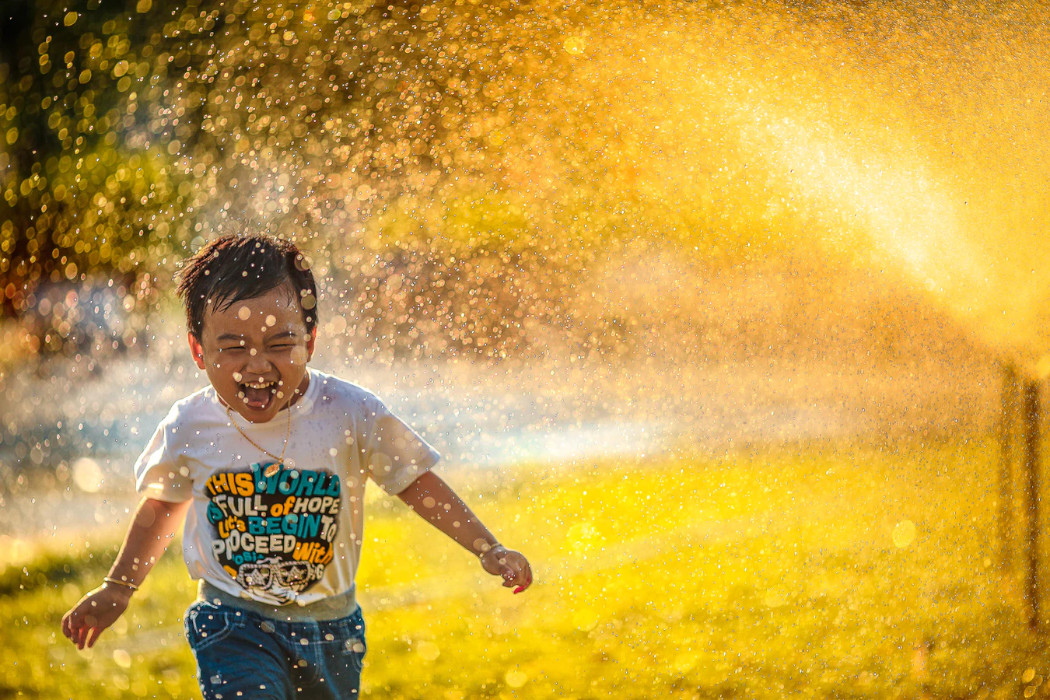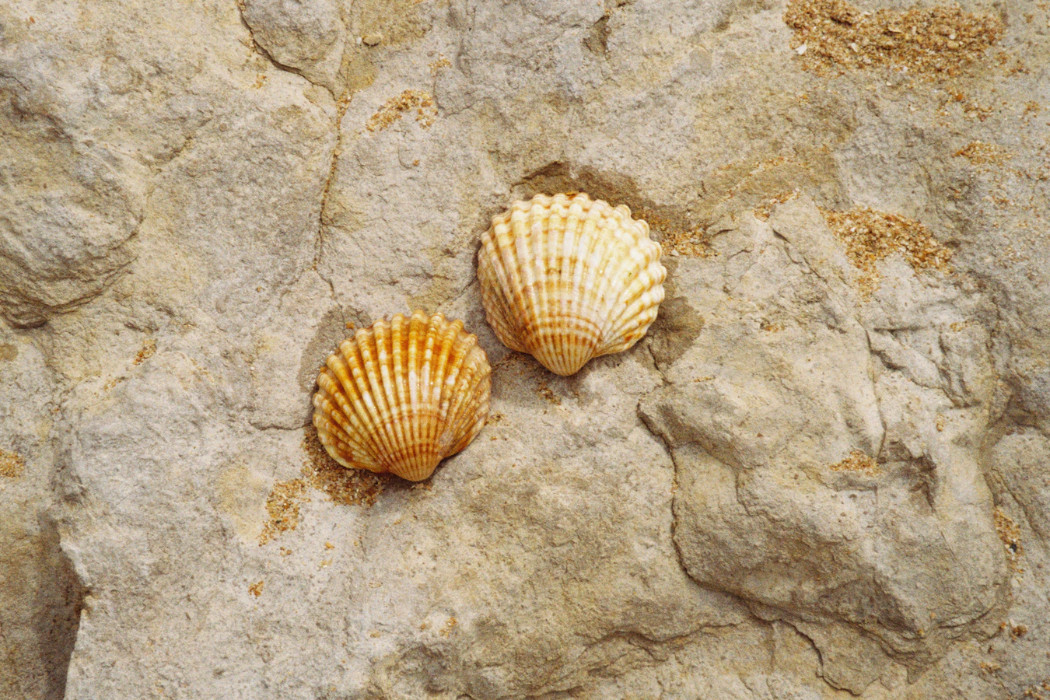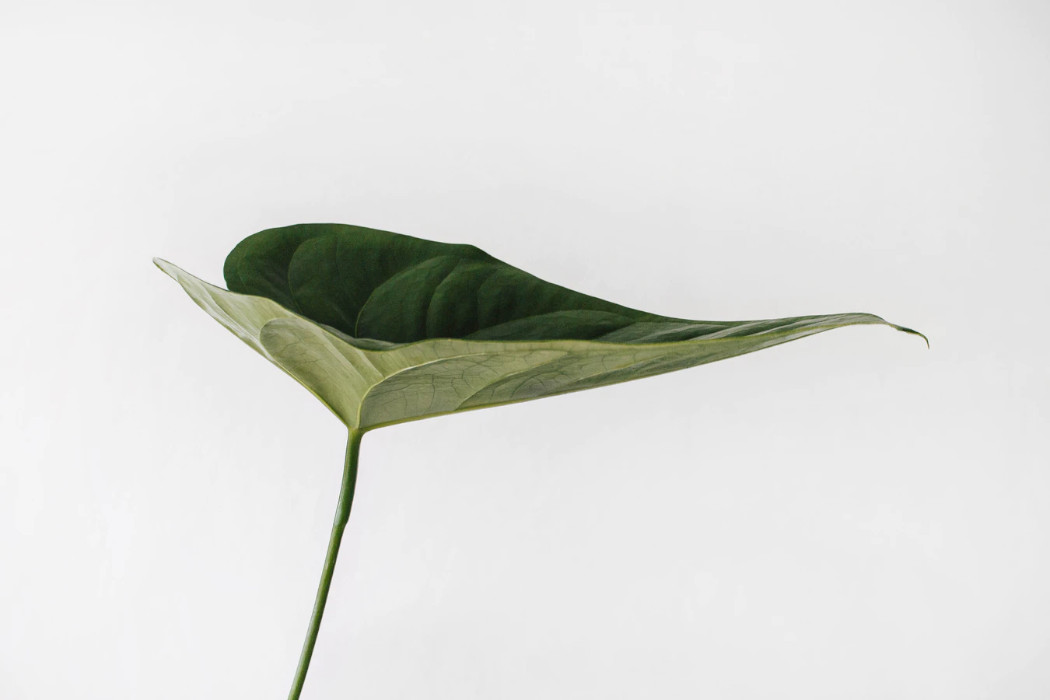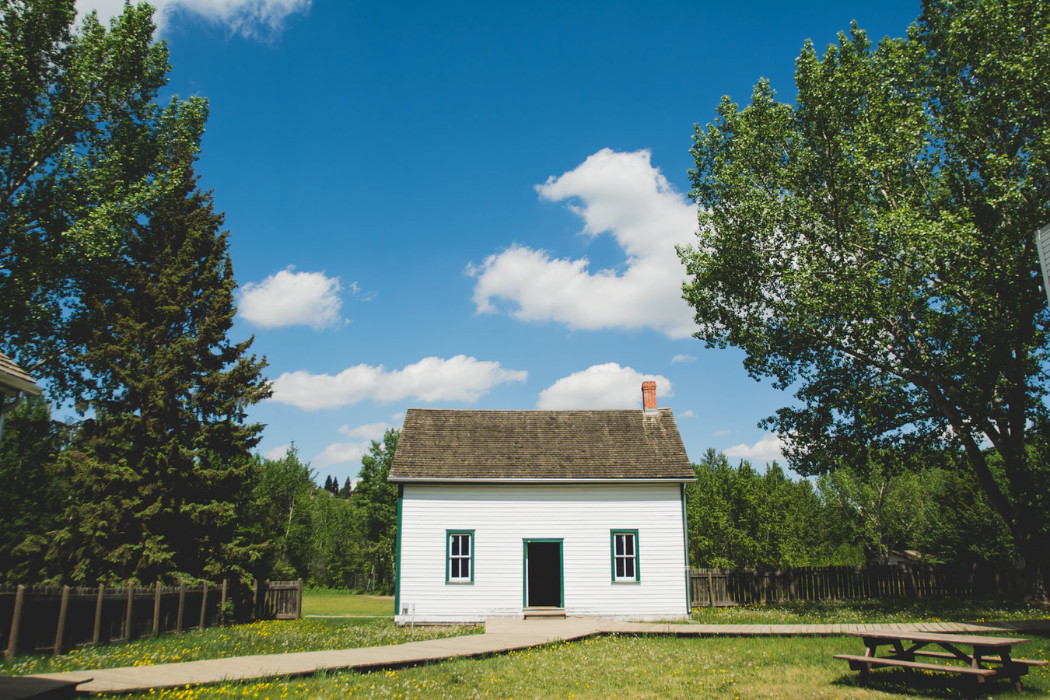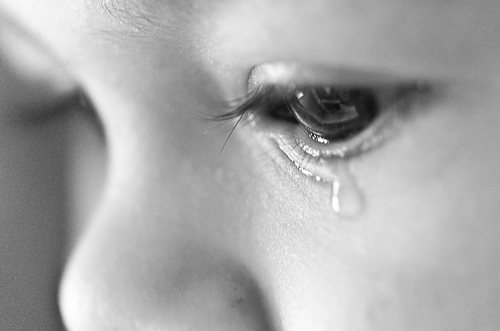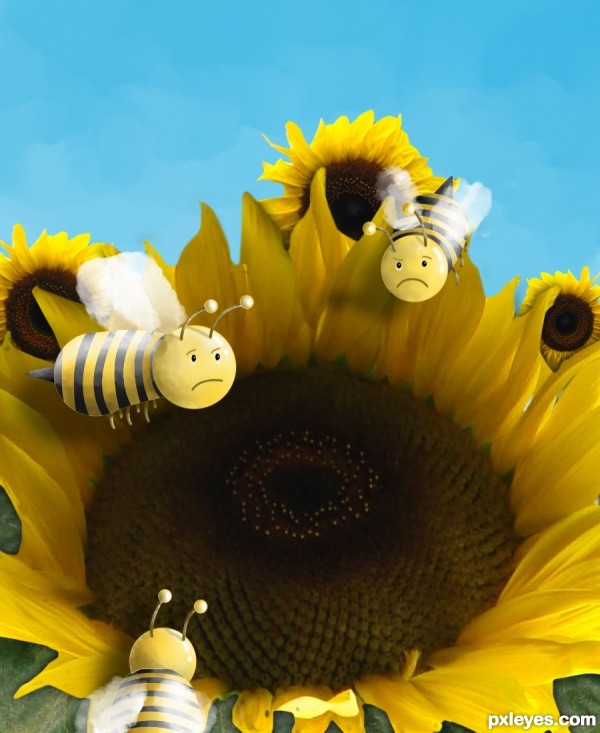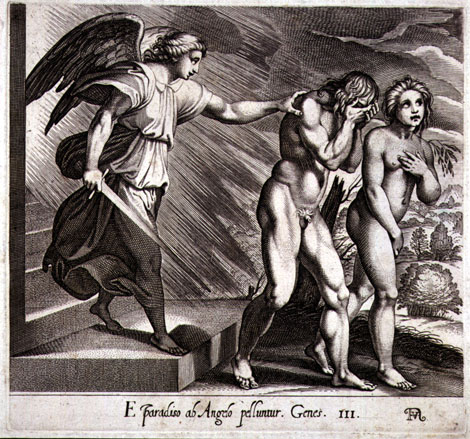“The poetry of exaltation will be always the highest: but when men lose their feelings for ordinary life and cannot write poetry of ordinary things, their exalted poetry is likely to lose its strength of exaltation in the way that men cease to build beautiful churches when they have lost happiness in building shops…”
So Synge says in his preface to his Poems.
On his visit to the Aran Islands what Synge attempted was a peasant drama, to revive the myths and legends of ancient Irish culture and to develop the spoken English of Irish peasantry, all as a vehicle for poetry. In spite of being a member of the naturalistic school of poetry, Synge has paradoxically achieved the poetic intensity and the corresponding impact in Riders to the Sea by strictly adhering to realistic elements. His play is all the more poetic because it originates from the realistic representation of life. In the introduction of Playboy of the Western World he writes, “In countries where the imagination of the people and the language they use, is rich and living, it is possible for a writer to be rich and copious in his words and at the same time give the reality which is at the root of all poetry in a natural and comprehensive form.” This excerpt for a major part explains why Riders to the Sea, in spite of being written in prose creates on us an effect that the best of poetry does.
Riders, being a play of acute crisis where death is a constant visitor in the lives of an Irish peasant family, and the action unfolds through speeches; Synge could not have used any other medium but this because it is only dramatic poetry that can convey during intense moments what is incommunicable through prose. In Riders there are no light conversations. The dialogues reproduce the inner consciousness of the people which always lays itself bare and reveal the mental atmosphere of beings who feel their isolation in the face of a universe that wars on them with winds and seas. Poetry arises from this spontaneous overflow of feelings, irrespective of whether they are being recollected in prose or verse. The intensity of their utterances, impart the poem with poetic feeling, best felt in the play when Maurya says, “If it was a hundred horses, or a thousand horses you had itself, what is the price of a thousand horses against a son when there is one son only?” When the speeches are not feverish with intensity, their poignancy render them truly poetic – “In the big world the people do be leaving things after them for their sons and children, but in this place it is the young men do be leaving things behind that do be old”. The poetry in these words get reinforced repeatedly when we are reminded of the similar poetic lamentations in Aeschylus, Sophocles and Euripides.
The poetic quality of the play is also re-enforced by the rhythmic nature of Aran speech that Synge has exactly reproduced in his plays through linguistic ellipses and unfamiliar constructions which gives the play a sort of cadence. On his visit to the Aran, Synge wrote – “I have come out among the hills again to write music again if I am able.” The elemental nature of the islanders’ existence invested their speech with its poetic essence. The influence of Authorized Version of the Bible, the only book available in Aran then, imparted a picturesque quality to the dialect and augmented its rhythmic nature. This poetic quality of speech is marvelously exploited by Synge. We find instances of this Anglo-Irish dialect everywhere in the play, in lines like – “We’re to find out if Michael’s they are, sometime herself will be looking down by the sea”. There is unmistakable poetry in Maurya’s words when she says – “What way will I live and the girls with me, and I an old woman looking for the grave?” The rhythmic repetition of Maurya’s primal fear of the loss of her identity as a mother testifies the poignant intensity of her feelings. Throughout the play, the poetically tragic syntax, low voiced exclamation of Cathleen and Nora, repeated to reference to the ‘grace of god’ and ‘as the tide runs’ which runs like a prophecy through the play, suggest a depth of feeling too profound to be expressed, except for the poetry in those words. About Riders, Eliot has very correctly said, “Synge wrote plays about characters whose originals in life talked poetically so that he could make them talk poetry and remain real people”.
The poetry in Synge’s works lies in the very setting itself. The almost pantheistic nature of the sea-battered Aran – earthy innocent and demonic, is evoked on the stage through a dance of words. Fused into the open, wild and romantic setting is the world of Celtic customs, manners, beliefs superstitions and the fatalism of the protagonists. Like a symphony, Riders brings together all these divergent elements to create the poetic atmosphere of the play.
Another poetic device employed by Synge in Riders is imagery. Images of sustenance such as pot-oven and cake are juxtaposed with images of death such as the coffin boards. Black hags flying over Michael’s floating body, the phantasm of the gray pony, Maurya’s white hair in stark clash with the women wearing red petticoats are some very powerful images. The use of symbolism has also further strengthened the poetic fiber of Riders. The sea is the most prominent symbol in Riders. It symbolizes both birth and death. The repeated reference to the tides is charged with symbolic suggestion of death that seems to lurk in Maurya’s cottage. The red mare suggests virility, youth and the grey pony, as in revelations 6:8 suggests death. The oilskins symbolize the fishermen’s attempt to preserve life and the nets stands for their entrapment in their tragic destiny.
Thus we see that in Riders to the Sea, poetry and drama are inseparable. It is poetry that explores the relationship between man and nature in Riders and turns the pathos of a lamenting mother into the innermost principles of the universe. Maurya’s tears reach the audience with the rush of the tide to be transformed into poetry that speaks of life, death and morality.
Some online learning platforms provide certifications, while others are designed to simply grow your skills in your personal and professional life. Including Masterclass and Coursera, here are our recommendations for the best online learning platforms you can sign up for today.
The 7 Best Online Learning Platforms of 2022
- Best Overall: Coursera
- Best for Niche Topics: Udemy
- Best for Creative Fields: Skillshare
- Best for Celebrity Lessons: MasterClass
- Best for STEM: EdX
- Best for Career Building: Udacity
- Best for Data Learning: Pluralsight

